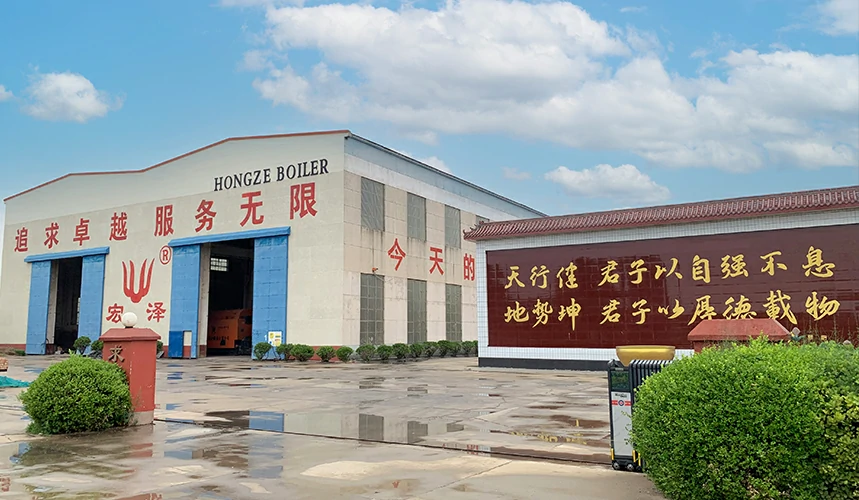
Nov . 21, 2024 03:48 Back to list
hot water furnaces
Understanding Hot Water Furnaces A Guide for Homeowners
Hot water furnaces play a crucial role in heating our homes, providing a reliable source of warmth, especially during the chilly months of winter. In essence, they are central heating systems that use hot water to distribute heat throughout a home via radiators or underfloor heating systems. Understanding how they work can help homeowners make informed choices about installation, maintenance, and efficiency.
How Hot Water Furnaces Work
At the heart of a hot water furnace system is the boiler, which heats water using natural gas, oil, or electricity. Once the water is heated, it is pumped through a network of pipes to radiators or baseboard heaters located in various rooms. The heat emanates from these fixtures, warming the air and, subsequently, the entire living space. After the water cools, it returns to the boiler for re-heating, effectively creating a closed-loop system.
Types of Hot Water Furnaces
There are several types of hot water furnaces to consider, each with its own advantages and disadvantages
1. Gas-Fired Hot Water Furnaces These are popular for their efficiency and lower operating costs. They use natural gas to heat the water, making them ideal for areas with easy access to gas lines.
2. Oil-Fired Hot Water Furnaces These furnaces are often used in rural areas where natural gas is not available. While generally more expensive to run, they can be more effective in providing consistent heat.
hot water furnaces

3. Electric Hot Water Furnaces These systems use electricity to heat water and are typically easier to install and maintain. However, they may incur higher electricity costs, particularly in regions with expensive energy prices.
Installation and Maintenance
Proper installation of a hot water furnace is critical to ensure safety and efficiency. It is advisable to hire a certified professional for this process, as they will assess the home’s heating needs and recommend the best unit accordingly. Regular maintenance is equally important. Homeowners should schedule annual inspections to check for leaks, corrosion, and ensure that all components are functioning correctly. Cleaning the furnace and replacing filters regularly can also improve efficiency and prolong the lifespan of the system.
Energy Efficiency and Cost
When choosing a hot water furnace, energy efficiency should be a priority. Look for units with a high Annual Fuel Utilization Efficiency (AFUE) rating, which measures the efficiency of the heating process. Investing in a high-efficiency unit may result in significant savings on heating bills over time. Additionally, considering installation costs versus long-term energy savings can help homeowners make a more economical decision.
Conclusion
Hot water furnaces are an essential element of home comfort, offering efficient heating solutions for cold climates. By understanding how they operate and the various options available, homeowners can make informed decisions regarding their heating needs. With proper installation and maintenance, a hot water furnace can provide reliable warmth for years to come.
-
High-Efficiency Commercial Oil Fired Steam Boiler for Industry
NewsJul.30,2025
-
High-Efficiency Biomass Fired Thermal Oil Boiler Solutions
NewsJul.30,2025
-
High Efficiency Gas Fired Thermal Oil Boiler for Industrial Heating
NewsJul.29,2025
-
High-Efficiency Gas Fired Hot Water Boiler for Sale – Reliable & Affordable
NewsJul.29,2025
-
High Efficiency Biomass Fired Hot Water Boiler for Industrial and Commercial Use
NewsJul.29,2025
-
High-Efficiency Biomass Fired Hot Water Boiler for Industrial Use
NewsJul.28,2025
Related PRODUCTS






















